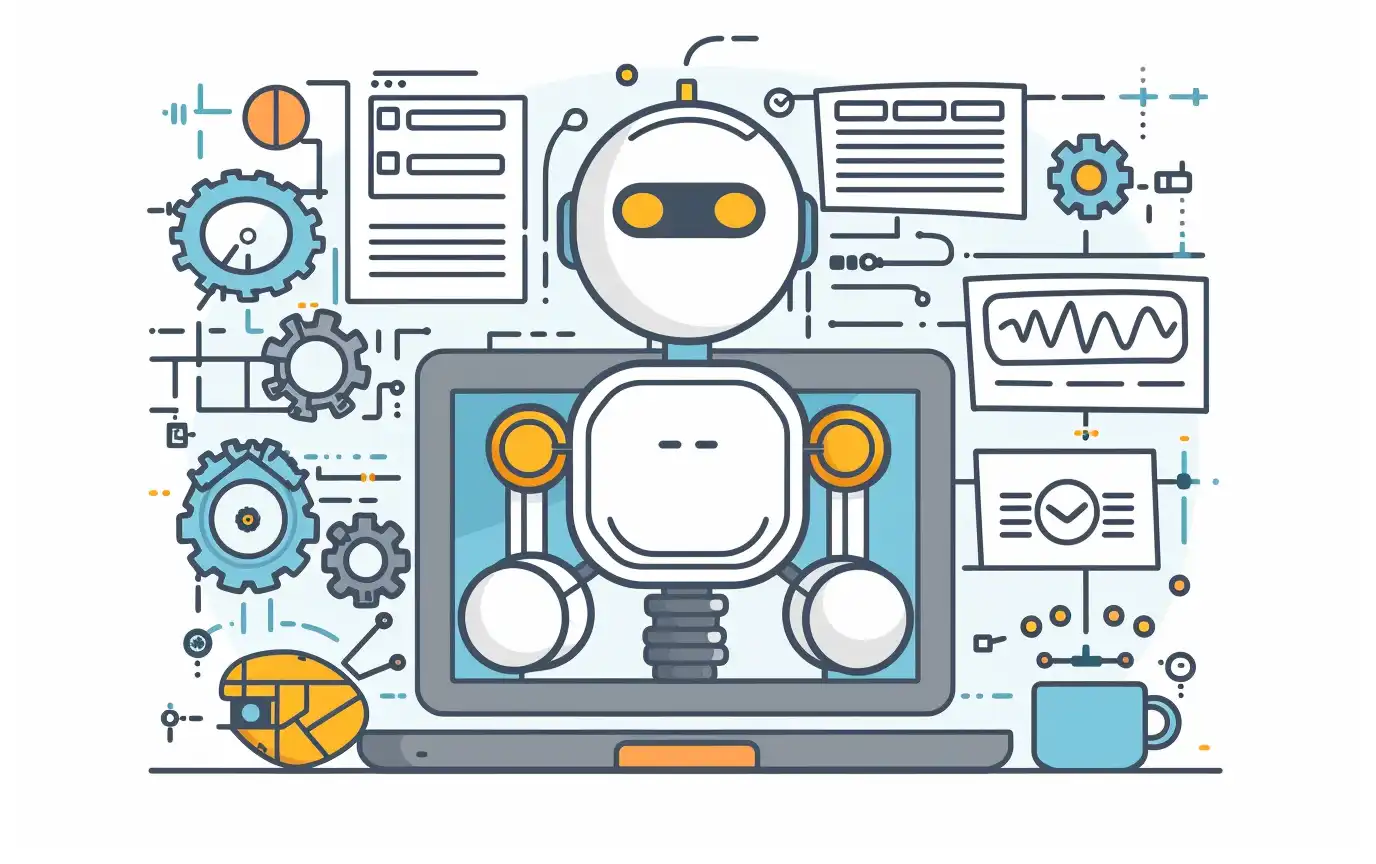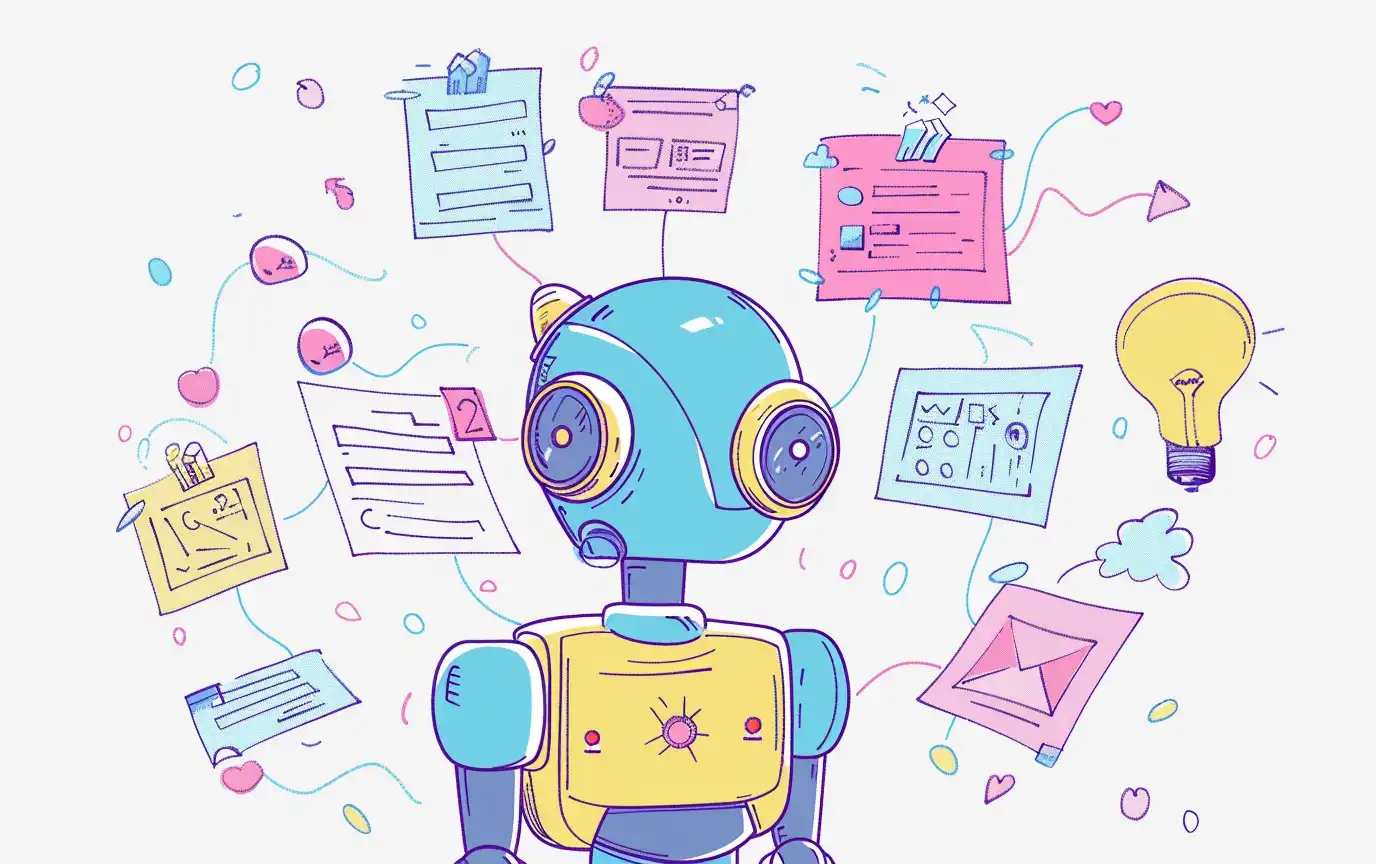
Subscribe Here and Stay Up to Date
July 09, 2024


In an era where artificial intelligence (AI) has disrupted various sectors, recruitment has not been left behind. AI-powered Applicant Tracking Systems (ATS) are carving a niche in the hiring process, revolutionizing resume screening and offering a host of benefits to companies worldwide.
AI-powered ATS systems leverage machine learning and complex algorithms to automate the resume screening process. These systems scan resumes and identify keywords and phrases that match the job description. This automated process eliminates human error and bias, ensuring that only the most suitable candidates are shortlisted. With AI, ATS systems can screen hundreds, if not thousands, of resumes within a short time, greatly reducing the time-to-hire.
Moreover, these systems learn from each screening process, improving their accuracy over time. They can understand the nuances of various job roles and industries, making them adaptable to different recruitment scenarios. In addition, they provide analytics and insights, helping recruiters make more informed decisions and improve their recruitment strategies.

AI-powered ATS systems offer numerous benefits. First, they eliminate manual resume screening, freeing up recruiters' time for more strategic tasks. Second, they reduce bias in the hiring process by focusing on qualifications rather than personal characteristics. Third, they provide analytics that can help optimize recruitment strategies. Fourth, they speed up the hiring process by identifying suitable candidates quickly. Fifth, they improve candidate experience by providing timely feedback. Sixth, they help companies stay compliant with recruitment laws by ensuring a standardized screening process. Seventh, they can integrate with other HR tools, creating a seamless recruitment process. Finally, they can help reduce hiring costs by streamlining the recruitment process and reducing the need for external recruitment agencies.

As AI technology evolves, ATS systems will become more sophisticated. Predictive analytics will help recruiters anticipate hiring needs, while natural language processing will improve the system's understanding of job descriptions and resumes. Further, AI will enable more personalized candidate engagement, improving the overall candidate experience. Notably, as ATS systems become smarter, they will also need to become more transparent, ensuring that candidates understand how their data is being used.
Despite the benefits, AI-powered ATS systems also come with challenges. Data privacy concerns are paramount, as these systems handle sensitive personal information. Also, while AI can reduce bias, it's only as unbiased as the data it's trained on, requiring careful oversight. On the flip side, AI offers significant opportunities. It can revolutionize recruitment, making it more efficient, transparent, and candidate-friendly. Moreover, as AI technology advances, we can expect even more innovative solutions.
In conclusion, AI-powered ATS systems are transforming resume screening, making it more efficient and bias-free. Despite the challenges, the opportunities they offer are significant, promising a future where recruitment is not only faster and more efficient, but also more transparent and candidate-centric.